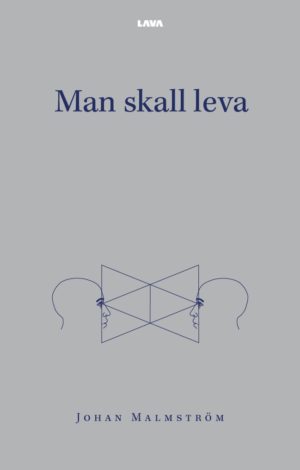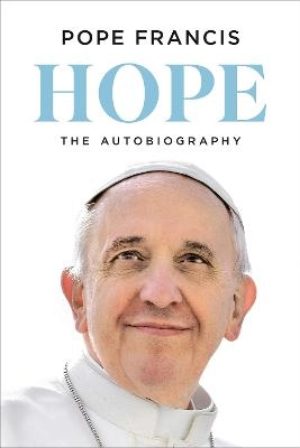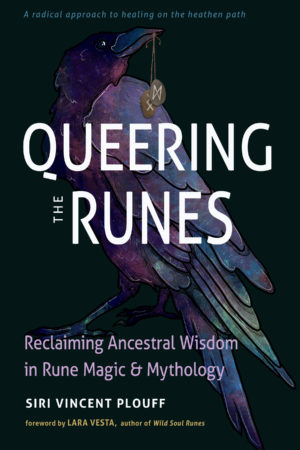
God, time, and knowledge
In God, Time, and Knowledge, William Hasker explores the major issues concerning God's knowledge of the future in relation to time and human freedom: divine foreknowledge, middle knowledge, and divine timelessness. Although he focuses on discussions that have taken place within analytic philosophy in the last thirty years, Hasker also places the issues within the context of the history of philosophical and theological reflection on these matters.
Proceeding from a libertarian standpoint, Hasker begins by providing a series of arguments against the possibility of middle knowledge. He next considers and rejects all of the major methods by which the compatibility of foreknowledge and freedom have been defended: the contention that facts about God's past beliefs are soft (or relational) facts about the past, the claim that we have counterfactual power over the past, and the belief that we have the power to bring about or even cause past events. Hasker then carefully examines the notion of God as timelessly eternal and finds it provisionally intelligible; nevertheless, he charges that the doctrine of divine timelessness is inadequately motivated apart from the Augustinian-Neoplatonic metaphysics that was its historical source. He concludes by arguing for a view according to which the future is open and divine providence involves risk-taking.
Lucidly and engagingly written, God, Time, and Knowledge is a significant contribution to the contemporary debate over freedom and foreknowledge. It will generate discussion and controversy among philosophers of religion, metaphysicians, and theologians.






